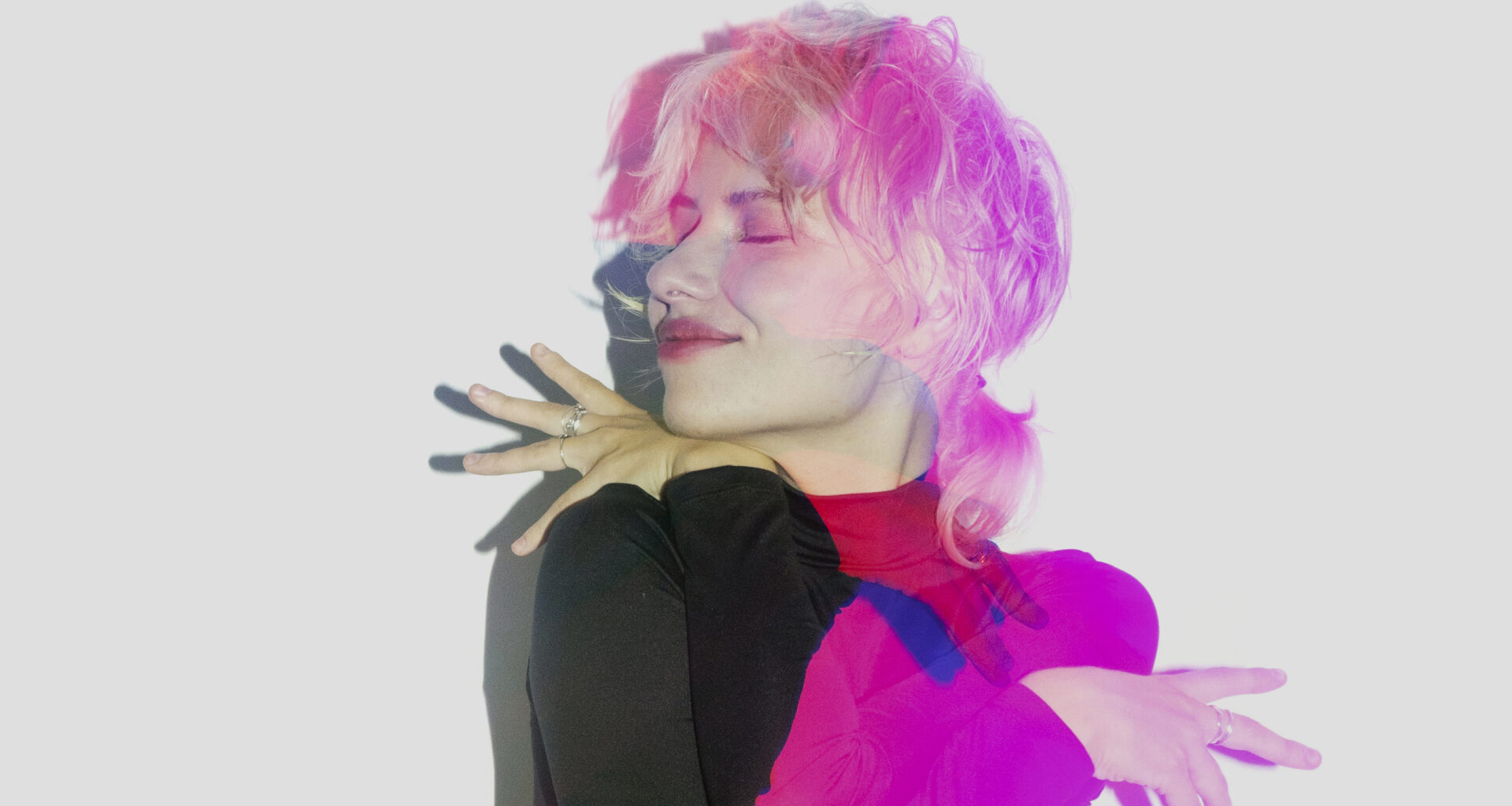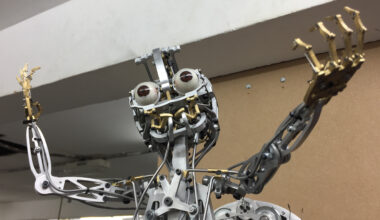The new album by Russian producer Kate NV is quite the statement. Rooted in avant-pop, ‘Wow’ teems with colour and playful electronics, while nodding in the direction of Can and Anna Meredith. As the title suggests, it’s a textural and multisensory revelation
Want to read more?
Sign up to Electronic Sound Premium to gain access to every post, video, special offers, and more. 100%, all you can eat, no commitment, cancel any time.
Already a premium member? Log in here






